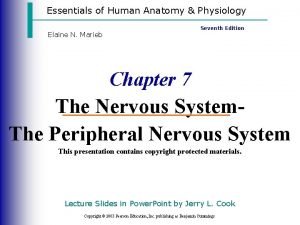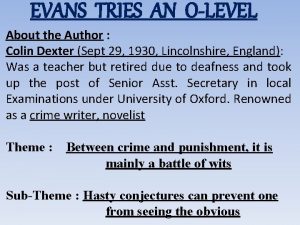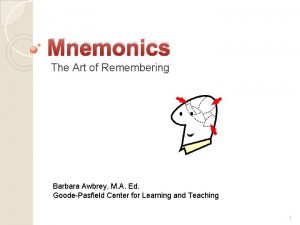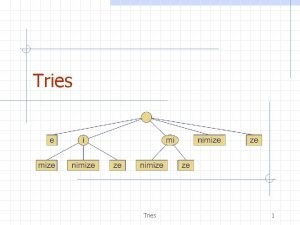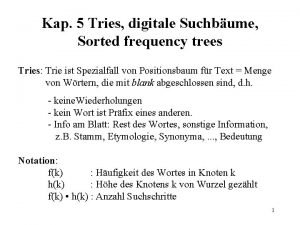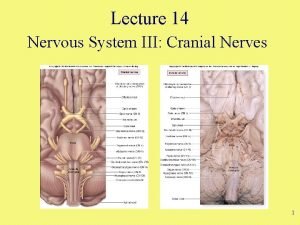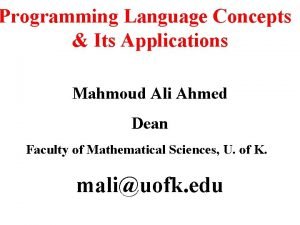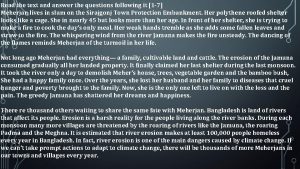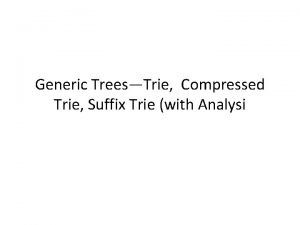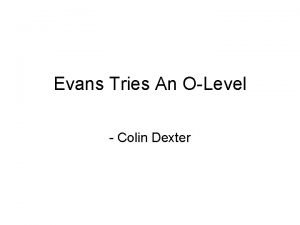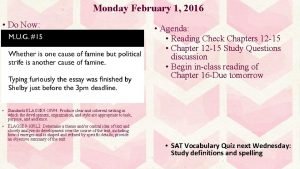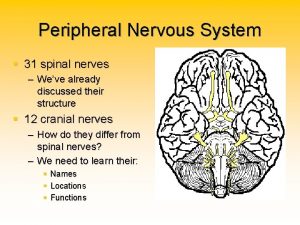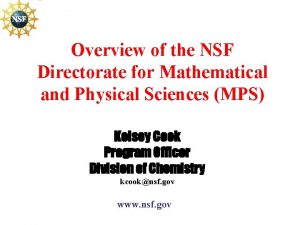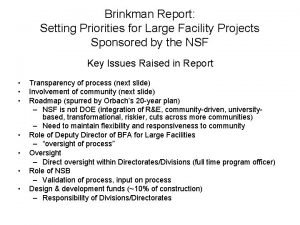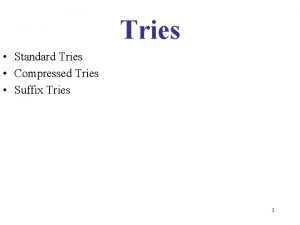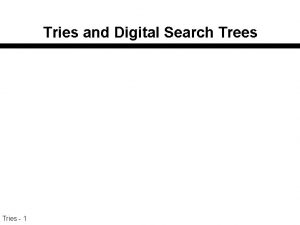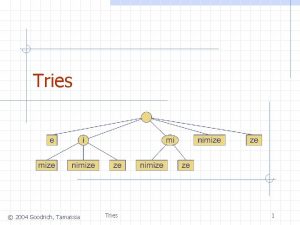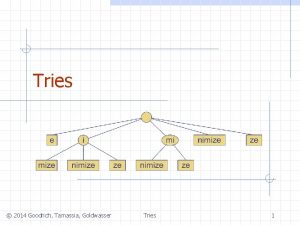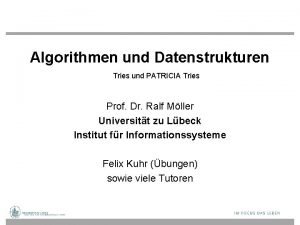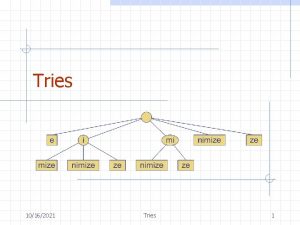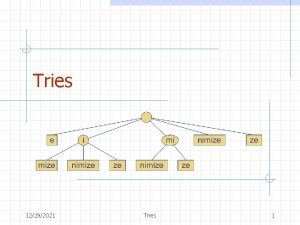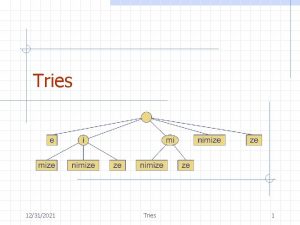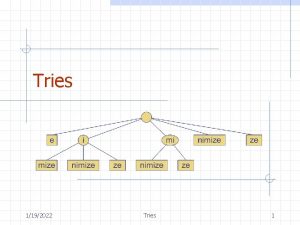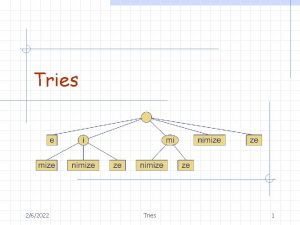From nogo to go in three tries NSF













- Slides: 13

From no-go to go in three tries NSF CAREER Workshop April 4 -5, 2011 Sean B. Andersson Mechanical Engineering Division of Systems Engineering Boston University www. bu. edu/anderssonlab

About me and my research • Systems and control (dynamics in nanometer-scale systems) • CAREER from NSF-CMMI-Control Systems Program Non-raster scanning in AFM Tracking in confocal microscopy

Every CAREER starts with a good idea • New direction: control in AFM and confocal microscopy • Ph. D: Geometric control theory • Many months of • • Idea development Idea refinement Idea scrap-ment/restart-ment Preliminary work Tracking in SPM High-speed AFM Non-raster imaging Single particle tracking in confocal Direct tracking of molecules Need to develop a five year PLAN

Preparing to write…and then writing • Read MANY successful and unsuccessful CAREERs • Asked for examples from friends, colleagues • Sought common features to emulate and common mistakes to avoid • Spent significant time on outreach • Ensured it was tightly coupled to research program • Drafted, edited refined…and then sent to colleagues • Re-edited, re-refined…and then sent to colleagues • Ph. D advisor, postdoctoral advisor, friends, senior members in the department, junior members that recently won the CAREER Four to five months on writing

So, how’d that work out for me? • Scores: V, V, E, G • Fund if possible. . . But it wasn’t possible • Proposal was well-written with good ideas but: • Ideas were too vague • (But it’s a five year CAREER! How can they be? ? ) • Connection to program goals (control) were weak • Note: outreach was well-received • Lessons learned: • Have a tightly focused (but broad!) research program • Provide sufficient detail • Don’t use your first CAREER as your first proposal!!!

The second round – revising the ideas • Received result in March – started again in June • Maintained overall structure, concepts, goals • My response to reviews: add (a bit more) control • bit of nonlinear here, dash of adaptive there • Read/reviewed by Ph. D advisor and departmental colleague • Only one round • After all, first proposal was well-received, right?

So how did it work out? • Scores: E, VG/G, G, G • Fund if possible – but it wasn’t again • Well-written with good blend of theory and experiments but… • Lack of technical details • Role of the advanced control material was not clear • Why was it needed? Is it better than other methods? How will it be done? • Lessons learned • • This was the hardest; I was clearly my own undoing Be sure to understand panels concerns – and address them Be tightly focused in context of grander plan Do not add vague ideas!!!

Taking it to the next level • Talked to PM • Spent sufficient time to really understand panels concerns. New things came out: • AFM work hard to fund, budget was a concern, lack of details was the killer • Discovered and attended this workshop • Came in uncertain what the workshop could really do • Clearly I was a victim of randomness • Left with: • Attitude change: I was in charge and there were clear deficiencies to address • New ideas on organization

Back to the drawing board • Invested time in rethinking research plan • Narrowly focused, specific research objectives with details • Nowhere for reader to ask how? why? • Expressed focused problem in context of broader control research • Coherent organization- for each topic (including education) • Intro – State of the art – My prior work – Research plan WROTE A SUBSTANTIALLY NEW PROPOSAL • Sent to colleagues, edited, sent to colleagues • Foreshadow: most noticed third goal was not as well-described or well-planned • My reaction: That’s in the fourth and fifth years so of course… • Organized on-campus mock panel for further feedback

So how did it work out? • Scores: E, V, V, G • Fund if possible – Ack! • Panel noted particularly • Some details (particularly on third goal!!!) were missing • Proposed approaches lacked some supporting theory • However, overall was strong proposal • Even the G review was positive • NOTE: had also submitted more focused proposal to standard program • More specific goals, more details on approach • PM was going to fund it and then… ARRA to the rescue!

Tips from experience: DON’T • Rush • Brush off/ignore advice • Leave unanswered questions • Forget it’s both a research proposal and CAREER plan • Fret over stuff you cannot control • Blame results on that stuff

Tips from experience: DOs • Have a solid 5 year plan • shouldn’t you anyway? • Read as many CAREER proposals as you can • both successful and unsuccessful • Think carefully about organization • It doesn’t happen (well) holistically • Get your draft done early so that you can… • Get as many people to read it as you can • Use some new people after each round of edits

And one more don’t • Don’t approach this as make it or break it • If successful – great! • If unsuccessful – you may not have a CAREER but you can still have a career Good luck!
 Corpora quadrigemina function
Corpora quadrigemina function Evans tries an o level author
Evans tries an o level author Old opie occasionally tries
Old opie occasionally tries Standard tries
Standard tries 5 tries
5 tries Old opie cranial nerves
Old opie cranial nerves Ali ahmed is a mathematics professor who tries to involve
Ali ahmed is a mathematics professor who tries to involve Where does meherjan live
Where does meherjan live Compressed trie example
Compressed trie example Introduction of evans tries an o level
Introduction of evans tries an o level Scout and aunt alexandra communicate very poorly
Scout and aunt alexandra communicate very poorly Old opie occasionally tries
Old opie occasionally tries Kelsey cook nsf
Kelsey cook nsf Nsf mrefc
Nsf mrefc
